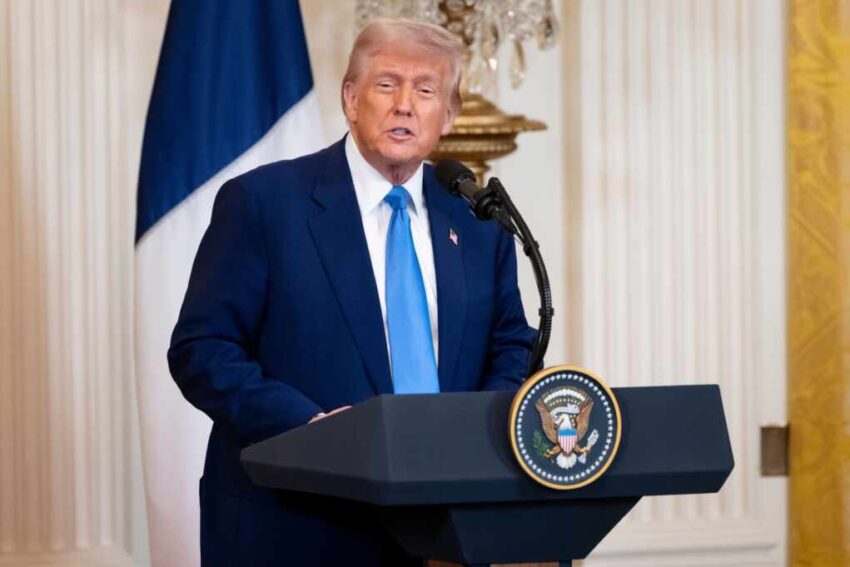Donald Trump was privately briefed that his name appears in confidential Epstein-related documents, igniting a firestorm of denials, lawsuits, and political backlash across Washington.
At a Glance
- Trump was briefed in May 2025 that his name appears in unverified Epstein files
- DOJ concluded in July that no investigation was warranted and halted further disclosures
- The White House labeled initial reporting on Trump’s briefing as “fake news”
- A federal judge denied DOJ’s effort to unseal Epstein grand jury transcripts
- Congressional leaders have escalated their push for full DOJ transparency
Presidential Briefing Sets Off Shockwaves
In a confidential May briefing, Attorney General Pam Bondi and Deputy AG Todd Blanche informed Donald Trump that his name appeared “multiple times” in sealed Epstein documents. According to DOJ officials, these mentions were classified as unverified hearsay, not actionable evidence. Still, the political impact was immediate. The former president lashed out publicly, calling the claims defamatory, and subsequently filed a multi-billion-dollar lawsuit against several media outlets.
The White House has since launched an aggressive counteroffensive, branding the reports as “fake news” and accusing journalists of peddling political smears.
Watch a report: White House says claims Trump in Epstein files ‘fake news’
DOJ Pulls Back, Transparency in Doubt
Within weeks of briefing Trump, the Justice Department abruptly announced it would not release any more Epstein-related materials to the public. Officials cited privacy risks, ongoing investigations, and concerns for victims’ identities. This decision followed a Florida federal judge’s rejection of the DOJ’s attempt to unseal Epstein’s 2005–2007 grand jury transcripts, citing strict legal protections on such proceedings.
The DOJ maintains that its internal review found no credible evidence of criminal conduct tied to Trump or other high-profile figures named in the sealed records. Critics argue that this stance further erodes public trust and fuels conspiracy theories.
Lawmakers Take Aim
In response to the DOJ’s retreat, congressional committees are ramping up oversight. A House subcommittee has already issued subpoenas demanding all Epstein-era DOJ records, while Speaker Mike Johnson faces bipartisan pressure to compel testimony from Ghislaine Maxwell and other Epstein associates. Lawmakers say the lack of prosecutorial transparency undermines democratic accountability and obstructs justice for victims.
Some members of Congress are also exploring legislative remedies to override federal secrecy laws that currently shield grand jury transcripts. As legal avenues close, Capitol Hill appears poised to become the battleground for resolving what the DOJ would prefer to keep sealed.
With Trump’s name confirmed in the files, legal rhetoric intensifying, and lawmakers sharpening their focus, the Epstein scandal is rapidly becoming a constitutional test of executive secrecy, judicial restraint, and legislative resolve.
Click this link for the original source of this article.
Author: Editor
This content is courtesy of, and owned and copyrighted by, https://thecongressionalinsider.com and its author. This content is made available by use of the public RSS feed offered by the host site and is used for educational purposes only. If you are the author or represent the host site and would like this content removed now and in the future, please contact USSANews.com using the email address in the Contact page found in the website menu.








